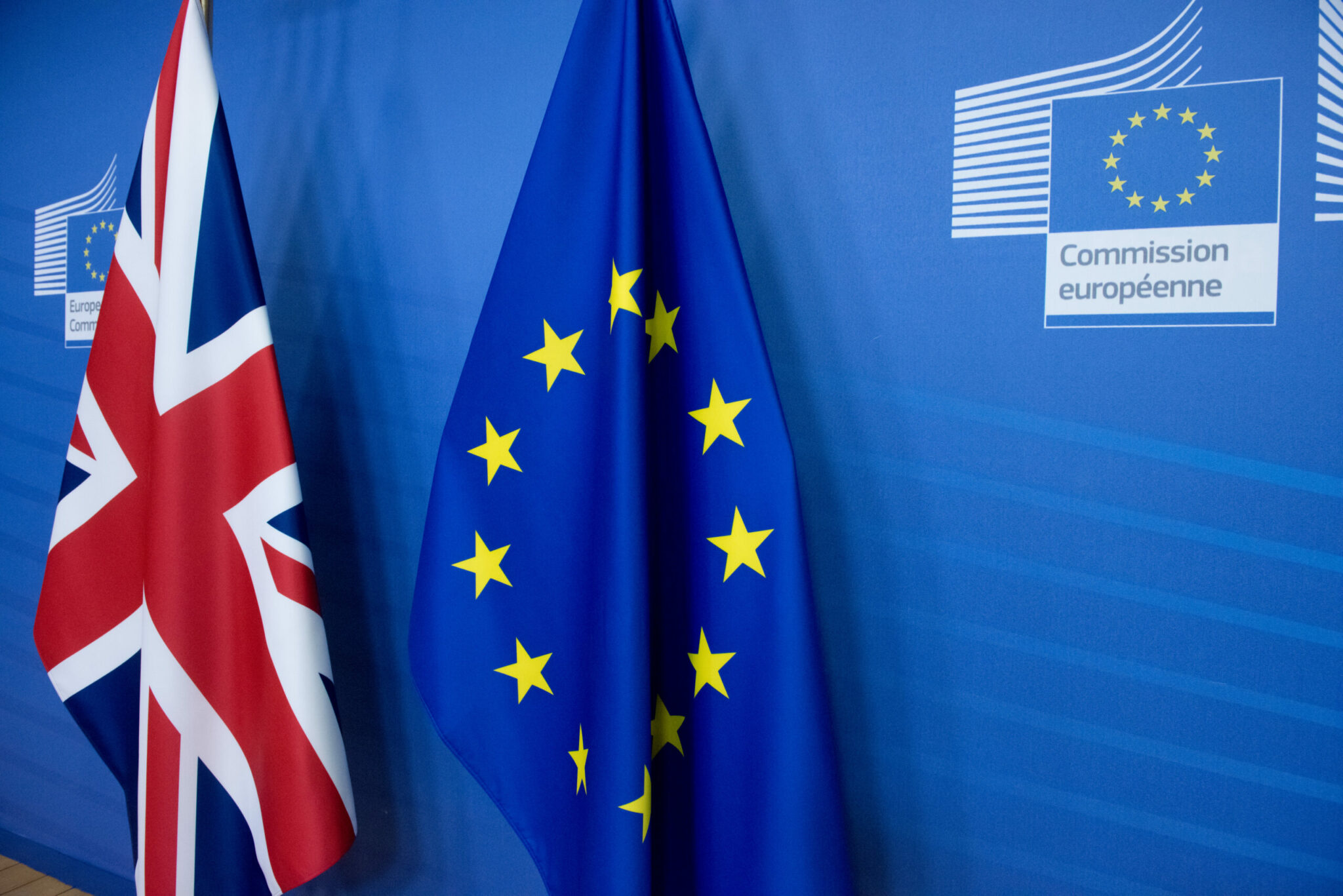Cleo Davies (University of Warwick)
On 7 September 2023, the European Commission and the UK Prime Minister announced that the UK would be associated to Horizon Europe. It becomes the seventeenth non-EU member-state country to be associated to the EU’s flagship funding programme for research and innovation, alongside countries like Israel, Norway, Türkiye, Tunisia and Ukraine. And with negotiations either finalised or ongoing with countries such as New Zealand, South Korea, Canada and Morocco, the UK’s research institutions and researchers are being plugged back into ‘the world’s largest research programme’ following a three-year hiatus that should never have happened. What seemed a no-brainer – the UK’s continued association post-EU membership – got entangled in the politics of Brexit.
Participation in Union Programmes was negotiated as part of the future UK-EU relationship in 2020. Part V of the Trade and Cooperation Agreement (TCA), and two associated draft protocols, covered the area, and the TCA’s Specialised Committee on Participation in Union Programmes oversees implementation.
The issue was not a sticking point during the negotiations between Lord Frost’s team and the EU’s taskforce led by Michel Barnier in 2020. But whilst the terms of participation were agreed in the TCA, the two protocols outlining the particulars sealing the deal were not adopted because the EU only agreed on its Multiannual Financial Framework in December 2020, and had not yet finalised the programme’s legal framework. The draft protocols were part of a Declaration attached to the TCA in which both parties stated their ‘ambition that UK entities would be able to participate from the beginning of the programmes’.
However, when in March 2021, the UK government announced the extension of grace periods under the Protocol on Ireland and Northern Ireland, in a unilateral move and without first informing its European counterpart via the governance structures of the Withdrawal Agreement, levels of trust between the EU and the UK reached a new low point. With the UK now a third country and the terms of the future relationship with the UK settled in the TCA, the EU turned to ‘unfinished business’ under the TCA as a means to apply pressure. It took the decision to halt progress on finalising the provisions for association to Union programmes, in spite of the interests of the member states’ own research industries and the effectiveness of the research programme. Not only were UK research institutions major partners for EU-based institutes, but fragmenting research capacity also goes against the very purpose and principles of Horizon Europe.
Nevertheless, to ensure continuity and avoid any uncertainty, UK research institutions and researchers were able to apply to the first calls under Horizon Europe. Meanwhile, the UK government launched the Horizon Europe Guarantee in November 2021 to plug the gap in funding for successful bids in the first wave of calls. Originally foreseen for a three month period, it has been extended multiple times since, reaching a total of £1.05 billion in grants delivered by end of April 2023, but below what the government had set aside for the UK’s contribution. Delays and uncertainty were adversely affecting the sector.
The successful agreement of the Windsor Framework in February 2023 broke the deadlock in EU-UK relations, thereby also paving the way for a resolution on the UK’s association to Union Programmes. Nevertheless, despite the calls from the sector and Von der Leyen’s declared ambition to move forward as quickly as possible with association, a further six months elapsed. Once again, the politics of Brexit threatened to derail finalising the UK’s participation in Union programmes.
In April, just as discussions had resumed, the UK government published its provisions for an alternative to the UK’s association to Horizon Europe, the Pioneer Prospectus. Had it been rolled out, it would have set the UK on a different path and made association to the EU programme less likely. With the UK concerned to secure ‘value-for-money’, officials and diplomats in Brussels were getting weary over the UK’s perceived attempts to renegotiate terms that were agreed in the TCA. And in July 2023, amid rumours that a deal had been agreed, Rishi Sunak delayed his decision further.
Given the rumblings from some in the Conservative Party who want to be sure of the value of the deal for the UK, including Lord Frost himself, Rishi Sunak’s decision to finalise the agreement must be welcomed.
The scope of the UK’s participation in Union Programmes has been reduced compared to the provisions in the draft Protocols attached to the TCA. Along with Horizon Europe, the UK joins the Copernicus Programme and will have access to EU Space Surveillance and Tracking services. However, the UK decided against re-joining the EU’s nuclear power programme Euratom, choosing instead to pursue its own domestic strategy.
Slowly the list of ‘unfinished business’ under the TCA is getting shorter. UK researchers will be able to access Horizon Europe funding from 2024 work programmes and onwards until 2027. They will be hoping that by then, UK-EU relations will have further normalised, avoiding any future prospect of a repeat of the delays and uncertainty of the past two and a half years.
Cleo Davies (University of Warwick) is Senior Research Fellow on the ESRC funded project ‘Living with the neighbours: the UK, EU and wider Europe’, part of the UK in a Changing Europe Programme.
Image Credits: European Union, 2020
The views expressed in this blog reflect the position of the author and not necessarily that of the Brexit Institute Blog.



